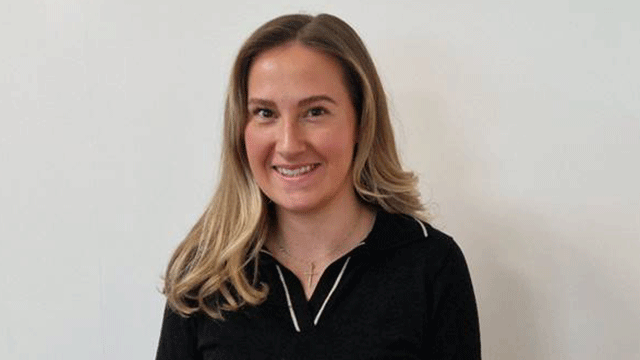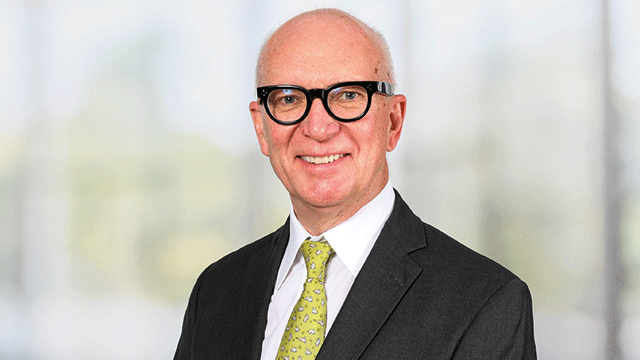How is real estate doing one year on from COP26?
COMMENT This time last year, heads of state, business leaders, and civil society gathered in Glasgow for the COP26 United Nations Climate Change Conference.
The aim was to “keep 1.5 alive” by accelerating the transition to net zero emissions. Through Derwent London’s work with the Sustainable Markets Initiative, founded by the former Prince of Wales, and other industry bodies, I participated in several events. The built environment represents around 40% of global carbon emissions, and from participation in the UN Blue Zone, to conversations with some of the 40,000 participants, it was clear to me that the real estate sector must do more to be part of the solution.
So, a year on from Glasgow, how much progress have we made, and what challenges remain for the sector? While we might not have seen a seismic shift, we have certainly seen further progress.
COMMENT This time last year, heads of state, business leaders, and civil society gathered in Glasgow for the COP26 United Nations Climate Change Conference.
The aim was to “keep 1.5 alive” by accelerating the transition to net zero emissions. Through Derwent London’s work with the Sustainable Markets Initiative, founded by the former Prince of Wales, and other industry bodies, I participated in several events. The built environment represents around 40% of global carbon emissions, and from participation in the UN Blue Zone, to conversations with some of the 40,000 participants, it was clear to me that the real estate sector must do more to be part of the solution.
So, a year on from Glasgow, how much progress have we made, and what challenges remain for the sector? While we might not have seen a seismic shift, we have certainly seen further progress.
Undoubtedly, climate change has become a focus in boardrooms across the sector. At Derwent London, we are making good progress against the science-based net zero carbon targets we set in 2017, and our 2020 commitment to be a net-zero-carbon business by 2030.
Across our sector there are many good examples of how real estate companies are pledging to deal with their Scope 1 and 2 emissions. Companies are coalescing around industry initiatives such as the Better Buildings Partnership’s Climate Change Commitment and the British Property Federation’s Net Zero Carbon Pledge. This is backed up by good progress on reductions in operational energy consumption as well as investment in renewable energy supply.
We are delighted to have recently received resolution to grant consent for a 107-acre, 18.4MW solar park on our Scottish land which when complete will provide over 40% of total electricity needs across our managed portfolio. By thinking laterally and using assets flexibly, net zero can deliver benefits to both society and business.
Greater collaboration
However, challenges remain. Scope 3 emissions from the embodied carbon within buildings and occupier operational emissions represent the two most significant areas that need to be tackled head-on to meet our mutual net zero ambition.
For embodied carbon we need to get smarter at decarbonising key building materials. That means greater collaboration and exerting our collective influence to ensure buy-in from all the links in what is one of the longest supply chains in any sector. This is complex and won’t happen overnight, but if we are to succeed, we must all work towards the same objective: long-life, loose-fit, low carbon.
Occupier emissions represent the greatest challenge for the sector, not helped by the traditional contractual lease structure. Green leases should provide a framework to facilitate the shared climate responsibility needed to reach net zero. Property is a business founded on relationships. To move forward we must ensure occupier relationships factor in this collective climate responsibility as we each have a part to play. Some good news is that many of our existing and prospective occupiers are equally committed and as we continue to work closely together to translate intent into action as we all progress towards our respective emissions reduction goals.
At Derwent London we will continue to take action across all our emissions, increasing our focus on Scope 3, which are the key to unlock the net zero challenge for the sector. The industry must do this collectively and collaboratively because climate change is not selective.
Paul Williams is chief executive of Derwent London
Image courtesy of FTI Consulting











